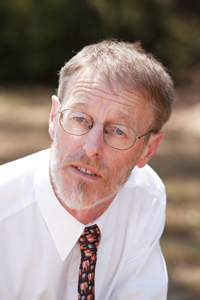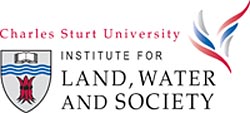 “The Federal government could then easily establish a ‘cap-and-trade’ scheme such as the previously planned emissions trading scheme. Alternative policies such as a carbon tax, subsidies on the use of non-carbon based sources of energy, and subsidies on research and development of non-carbon based sources of energy, may also be reviewed in the upcoming meeting,” Professor Parton says.
“The Federal government could then easily establish a ‘cap-and-trade’ scheme such as the previously planned emissions trading scheme. Alternative policies such as a carbon tax, subsidies on the use of non-carbon based sources of energy, and subsidies on research and development of non-carbon based sources of energy, may also be reviewed in the upcoming meeting,” Professor Parton says.- Economist Adjunct Professor Bjørn Lomborg. Institute Director of the Copenhagen Consensus Center and Adjunct Professor at Copenhagen Business School, Denmark. Professor Lomborg is the author of The Skeptical Environmentalist and the new Smart Solutions to Climate Change. Named as one of the world's 75 most influential people, he suggests a different approach to climate change that moves beyond ‘traditional’ carbon reduction strategies such as taxation to look at changing the economic ‘supply/demand equation’ through innovation.
- Architect Michael Green. A founding principal of mgb ARCHITECTURE + DESIGN, Mr Green, from Canada, has designed award-winning buildings, public art, interiors, landscapes and urban environments around the globe. He is passionate about solving global accommodation problems, using appropriate designs with a light carbon footprint that are sympathetic to the location and local materials.
- Economist Dr Roderick Duncan. A member of CSU’s Institute for Land, Water and Society and leader of its Ecosystems Services Strategic Research Area, Dr Duncan’s research interests centre on development problems in Third World countries, especially the links between natural resources and development. He has also written on global warming policy and on the use of environmental offsets.
- Climate scientist and economist Dr Ben McNeil. A senior research fellow with the University of NSW Climate Change Centre, Dr McNeil is an economist and climate scientist who has recently published his first book, The Clean Industrial Revolution.
Professor Parton contends the issues to be discussed are vital because of the great moral challenge posed by climate change. “They are urgent, because policy action is needed as soon as possible. Economic analysis shows that if the world's policy makers act soon, the eventual cost of avoiding severe climate change will be relatively small.”






Social
Explore the world of social